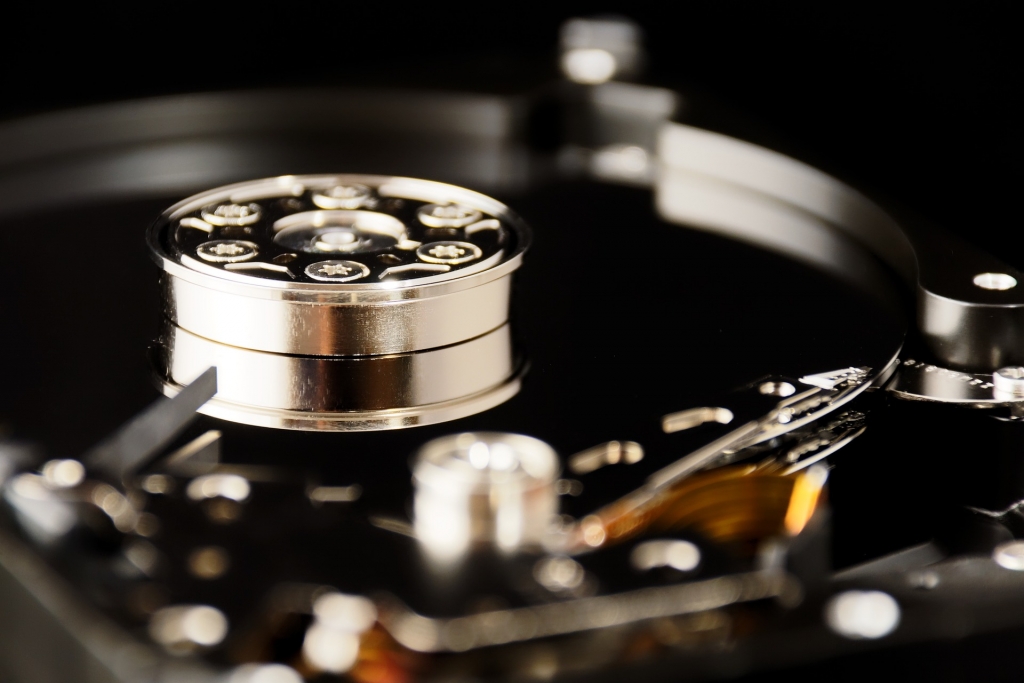
If you Google ‘what is big data’, the answer you receive is likely to be something along the lines of:
“Big data refers to extremely large data sets that may be analysed computationally to reveal patterns, trends, and associations, especially relating to human behaviour and interactions.”
In normal human speak, that simply means a huge amount of information relating to how we all go about our business both on the web and in ‘real’, everyday life.
It’s all a bit big brother-ish, but there’s no getting away from the fact that big data is incredibly valuable to businesses.
For example, if you head to Facebook as a business, you can create precisely targeted advertising campaigns that are designed to only appear when the user matches your exact target demographic. As a restauranteur trying to push a new speed dating night, for example, that might be single people aged between 25 to 35 who like Italian food and who appear to regularly eat out.
Just pick that demographic, create an engaging ad, and click ‘go’. It’s that simple.
Big data is powerful, but it’s also big – literally. Something as cumbersome as big data is rather difficult for independent businesses that are already rushed off their feet to invest any meaningful time in, but if you’ve got a spare five minutes, we’ve got three quick-fire ways you can make use of it as a restauranteur:
1. Personalise the guest experience
With big data, you should have a far better idea of your guest’s likes and dislikes.
If you have a POS or restaurant booking system that includes a customer database which tracks order history and collects reviews, you can encourage return visits by promising more of what they liked before.
The consumer has more clout than ever before these days, and there has to be a really good reason for restaurant diners to return. Thankfully, big data provides insight that enables restauranteurs to create a truly personal experience that will tempt many to come back again and again.
2. Compare your operation with market norms
The restaurant industry is complex, with every operation demonstrating a different way of doing business.
Even if your restaurant operates within a segment that is crowded, the likelihood is you’ll all have unique revenue models, internal systems and methods for compensating team members.
Big data provides the ability to compare your operation against that of the competition by digging into market analytics. Purchasing trends, the proliferation of new marketing strategies and modern methods for rewarding staff are now readily available – if you invest in the systems that provide big data insights.
3. Raise efficiency with integrated systems
You’ll no doubt have a POS system, payroll app and, hopefully, restaurant booking system within your operation already, but you might not know that they’re all capable of collecting, managing and analysing big data.
The advantage of running disparate restaurant systems is that they can usually be integrated, thus increasing their value and ability to provide a tangible return on investment.
When connected, restaurant systems that are capable of processing big data combine to produce consolidated reports that provide a unique insight into business performance and the growth (or decline!) of the customer base. You simply can’t do that with old systems that never stray from their modus operandi.
Final thought
We’ve hopefully got you nice and excited about big data and it’s many benefits, but you’re no doubt wondering how to access it and where to begin.
Good news – big data is all around. As noted in number 3 above, big data is contained within social networks like Facebook, your online restaurant booking system, review management platform and POS system. The more systems you can bring on board that harness big data, the more you’ll be able to take advantage of it.


Leave A Comment